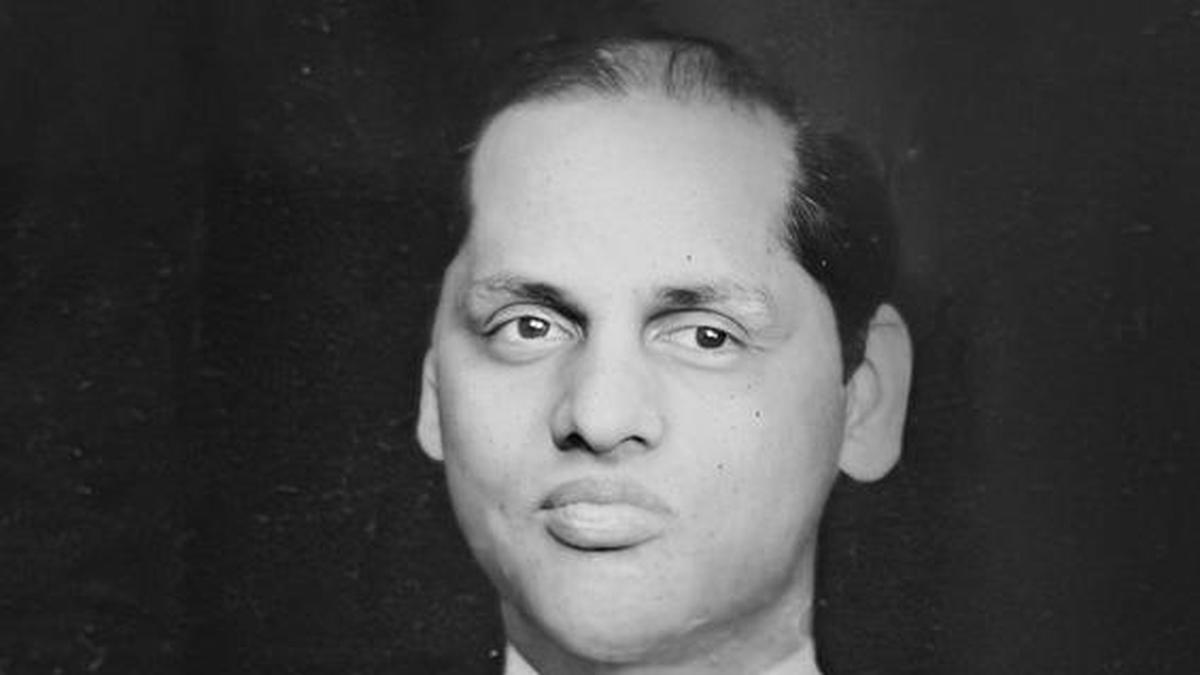
Former Chief Justice of India, U.U. Lalit, delivers first K. Sarvabhauman memorial lecture, in Chennai
The Hindu
The former CJI underlined the need for the judiciary to take active measures towards nourishing and sustaining the trust reposed by a majority of the citizens in the institution. One of the failings that need to be rectified was the absence of a common philosophical approach to the process of justice delivery, he said.
Former Chief Justice of India U.U. Lalit delivered the first K. Sarvabhauman memorial lecture on the topic, ‘The Judiciary and the People: Sustaining the Trust’, after Justice V. Ramasubramanian, a former junior of the senior advocate, of the Supreme Court, inaugurated the lecture series in Chennai on Sunday.
Designated senior advocate S. Parthasarathy, also a former junior, had organised the event at the M.S. Subbulakshmi Auditorium in Asian College of Journalism and Senior Advocate M.S. Krishnan extolled the virtues of his senior Sarvabhauman with a particular emphasis on the ethics of advocacy followed by him.
The former CJI underlined the need for the judiciary to take active measures towards nourishing and sustaining the trust reposed by a majority of the citizens in the institution. One of the failings that need to be rectified was the absence of a common philosophical approach to the process of justice delivery, he said.
Mr. Lalit said that unlike 20 years ago when litigants were scarcely concerned with the name of the judge before whom their cases were listed, today litigants were highly cognisant of the fact. This was because they have come to realize how the judges differ from each other in the way they deal with cases of similar nature.
Therefore, the litigants go to lawyers often looking to chance their arms. To avoid this, courts must be consistent. They must adopt a common practice, direction, philosophy and line of thinking as a single institutional body. Such an approach would lend credibility in terms of consistency, the former CJI stressed.
If courts adopt a consistent and unified line of thinking, a substantial amount of litigation would get weeded out, he said. Mr. Lalit also lamented that though 70% of the litigants trapped in criminal matters were below the poverty line, the legal aid was being extended to barely 17% of those people.
The rest expend substantial resources, in the form of money and property, despite the lack thereof, in trying to navigate the legal system. Small structural changes in the system could go towards making the courts substantially more efficient. Guidelines must be laid down to avoid needless litigation, he added.













